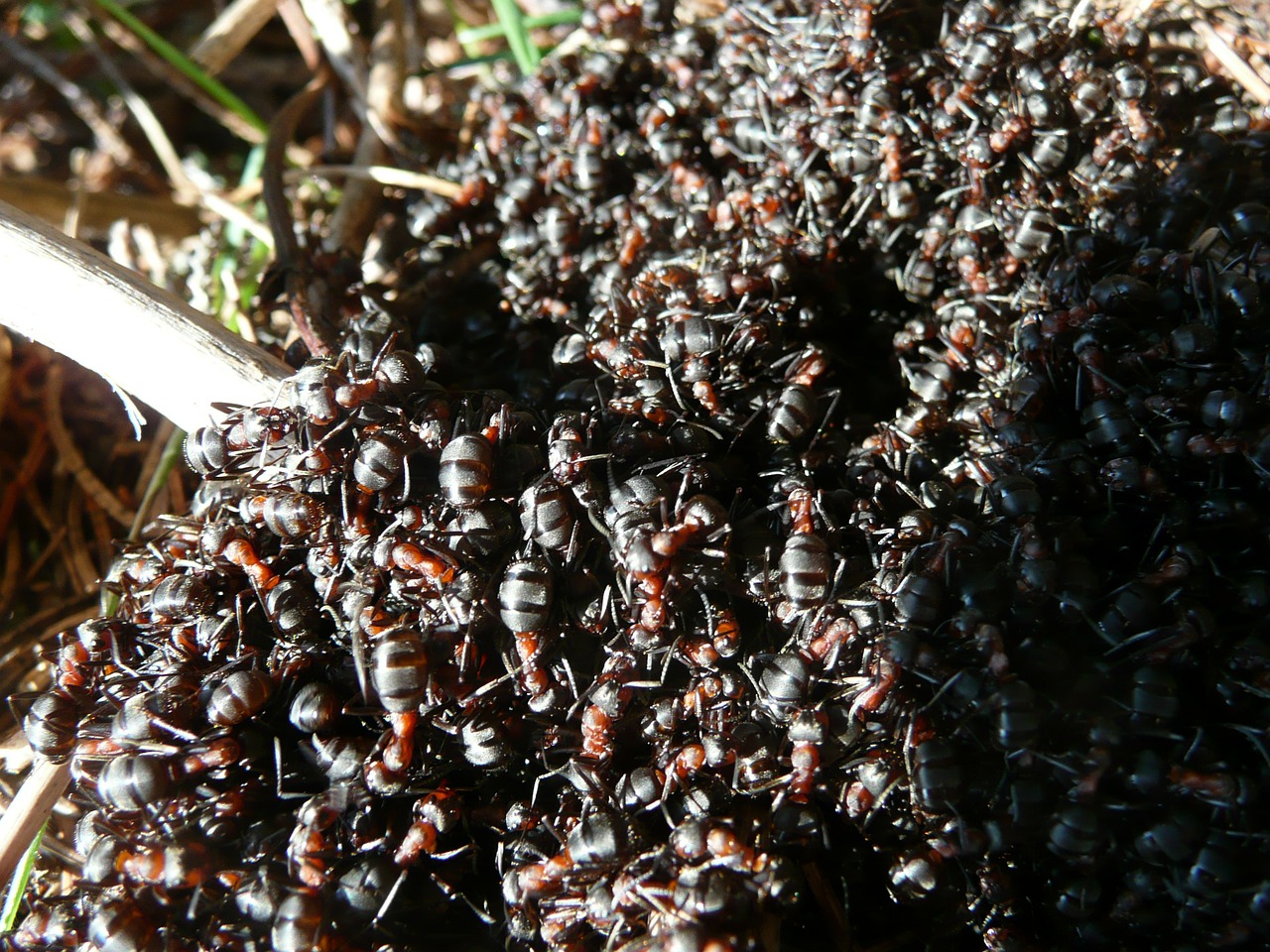Of all the species on Earth, humans have come to dominate the planet, but how?
According to Yuval Harari, a history professor at the Hebrew University of Jerusalem and the author of Sapiens: A Brief History of Humankind, the million-dollar question of human history is this — how did humans go from “insignificant apes” to the most dominant life form on the planet?
A popular misconception is that the opposable thumb enabled mankind to master the tools to forge civilizations, but according to Harari the rise of the human species is due to our ability to adapt and cooperate on massive scales, but not without one key ingredient — our shared imagination.
He explained his theory on the rise of humanity and where we may head at a recent TED Talk.
“The real difference between humans and all other animals is not on the individual level; it's on the collective level. Humans control the planet because they are the only animals that can cooperate both flexibly and in very large numbers,” he said.
While some insects such as ants are known to cooperate in numbers reaching hundreds of millions, they do so in a way that limits their ability to adapt, he said.
 |
“If there's a new opportunity or a new danger, the bees cannot reinvent the social system overnight. They cannot, for example, execute the queen and establish a republic of bees, or a communist dictatorship of worker bees,” Harari said.
Other animals like chimpanzees are also known to exhibit advanced levels of cooperation, but only in relatively small groups based on “intimate knowledge” of one another, he said.
“If you pit 1,000 humans against 1,000 chimpanzees, the humans will win easily, for the simple reason that a thousand chimpanzees cannot cooperate at all,” he said.
All of humanity's achievements — from basic interactions to global travel and communication — are based on a system of cooperation that has lifted the human species to its current level of advancement. However, the same cooperation that has brought about great wonders has also produced horrors, Harari said.
“Prisons are a system of cooperation; slaughterhouses are a system of cooperation; concentration camps are a system of cooperation,” he said.
So, our ability to flexibly cooperate on large scale is the key to our success, but what enables us to do so?
“We can cooperate flexibly with countless numbers of strangers, because we alone, of all the animals on the planet, can create and believe fictions, fictional stories. And as long as everybody believes in the same fiction, everybody obeys and follows the same rules, the same norms, the same values,” Harari said. “All other animals use their communication system only to describe reality.”
The professor explained that humans are able to create rules, religions, codes, legal boundaries, country borders, even financial systems all by believing in the same “fictions.”
“Money, in fact, is the most successful story ever invented and told by humans, because it is the only story everybody believes,” he said. “Not everybody believes in God, not everybody believes in human rights, not everybody believes in nationalism, but everybody believes in money.”
Perhaps Harari’s view on the humanity's rise is not as interesting as his forecast for our future. As humans continue to rapidly develop computing technology we are approaching a point where computers will make people redundant, he said.
“The big political and economic question of the 21st century will be, ‘"What do we need humans for?" or at least, “What do we need so many humans for?" Harari said. “At present, the best guess we have is to keep them happy with drugs and computer games.”
While quick to say his ideas about the future are not a prophecy, Harari said there are many possibilities for humanity's future — though the ones he mentioned are not very favorable for the majority.
“One possibility is this creation of a new massive class of useless people. Another possibility is the division of humankind into different biological castes, with the rich being upgraded into virtual gods, and the poor being degraded to this level of useless people.”








Facebook comments